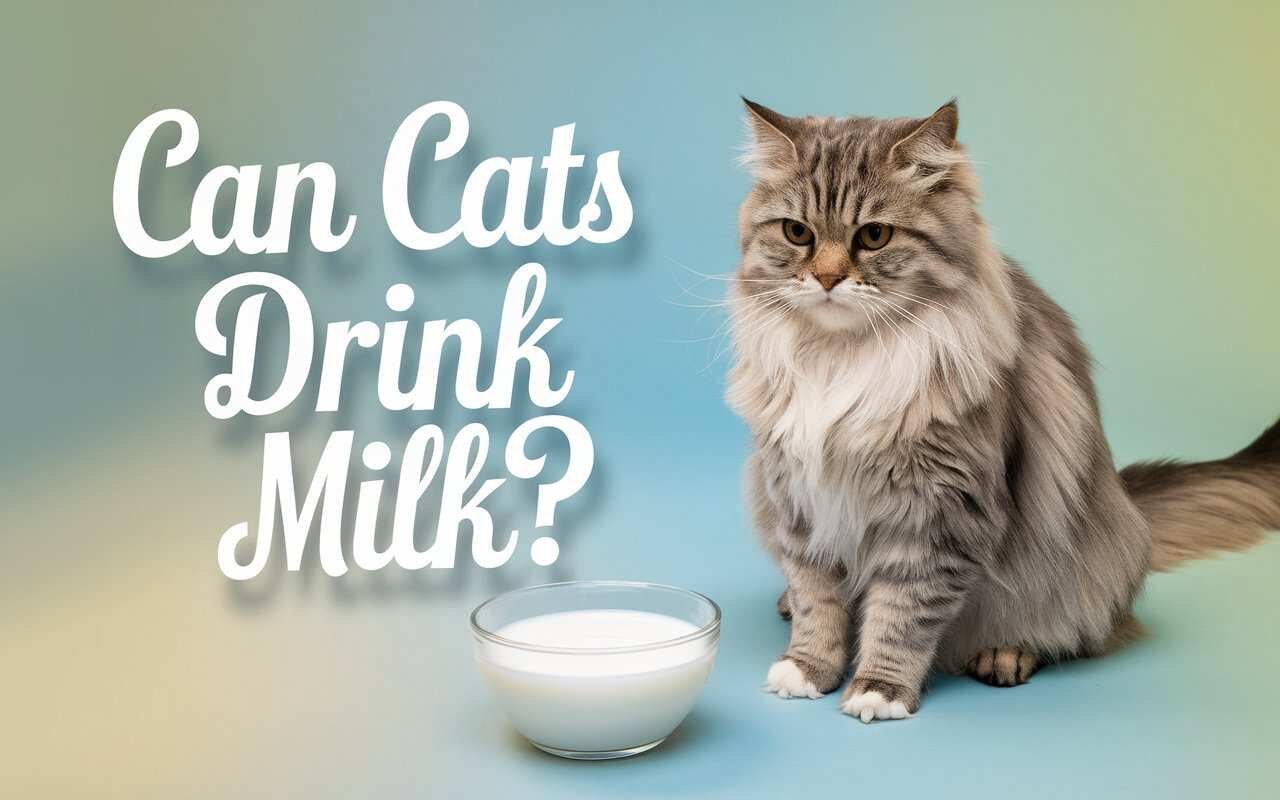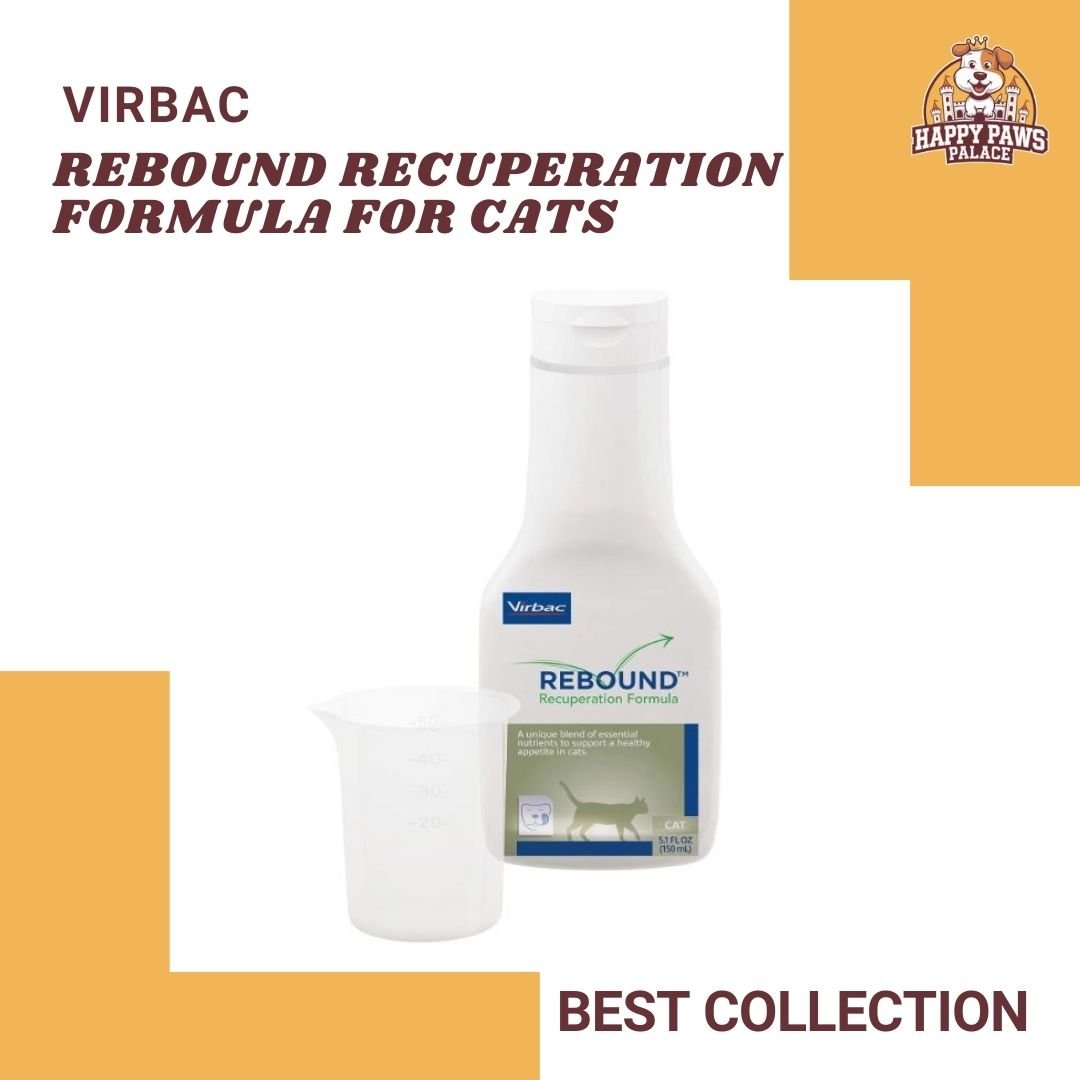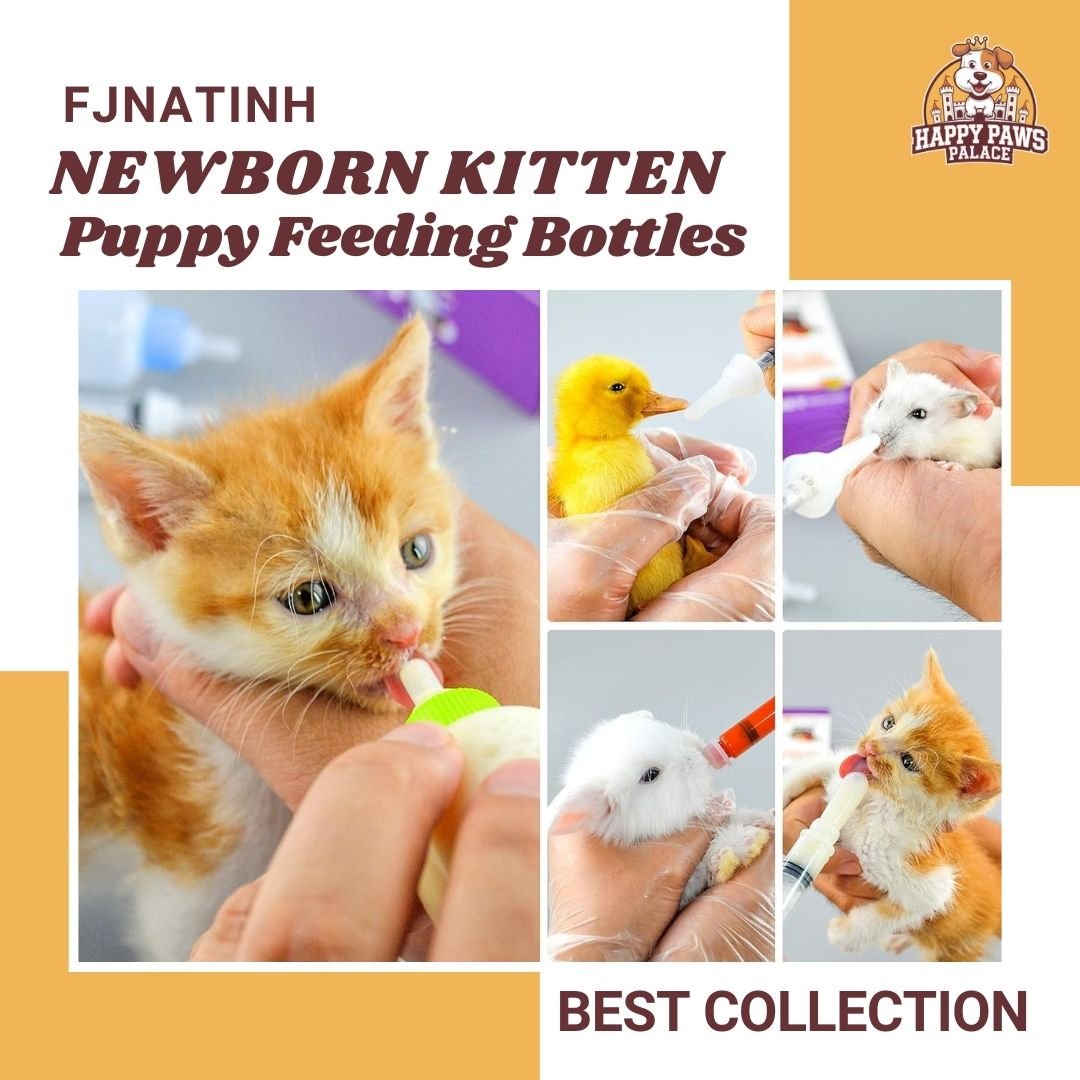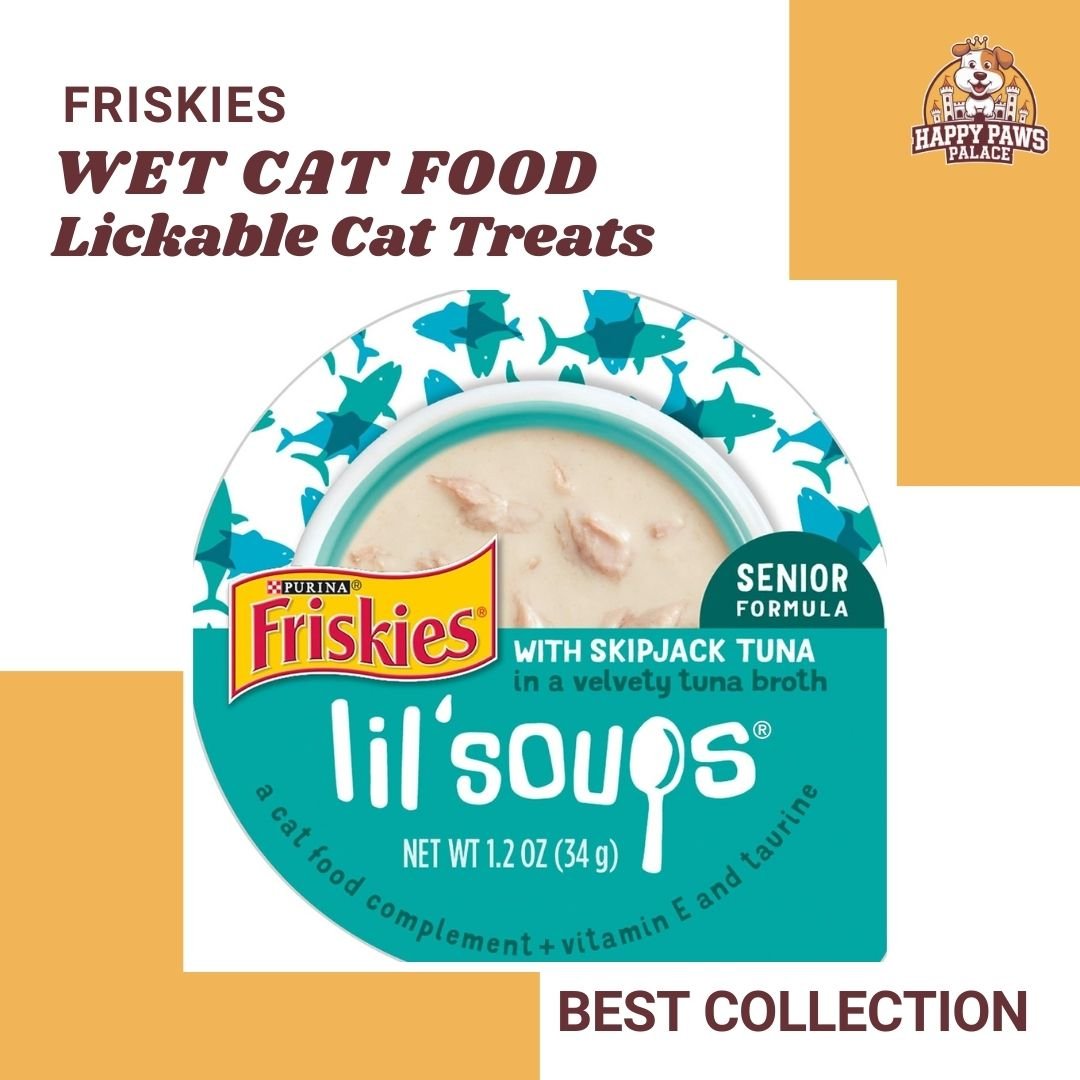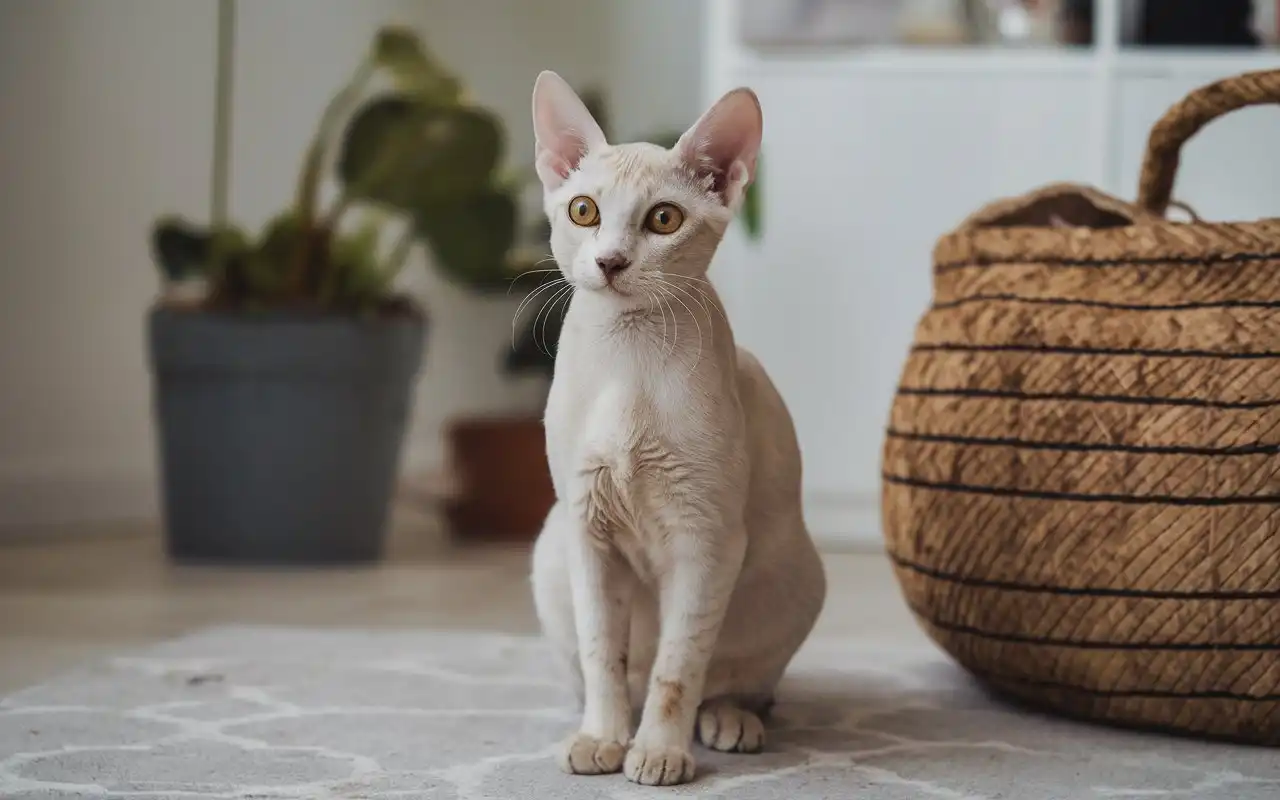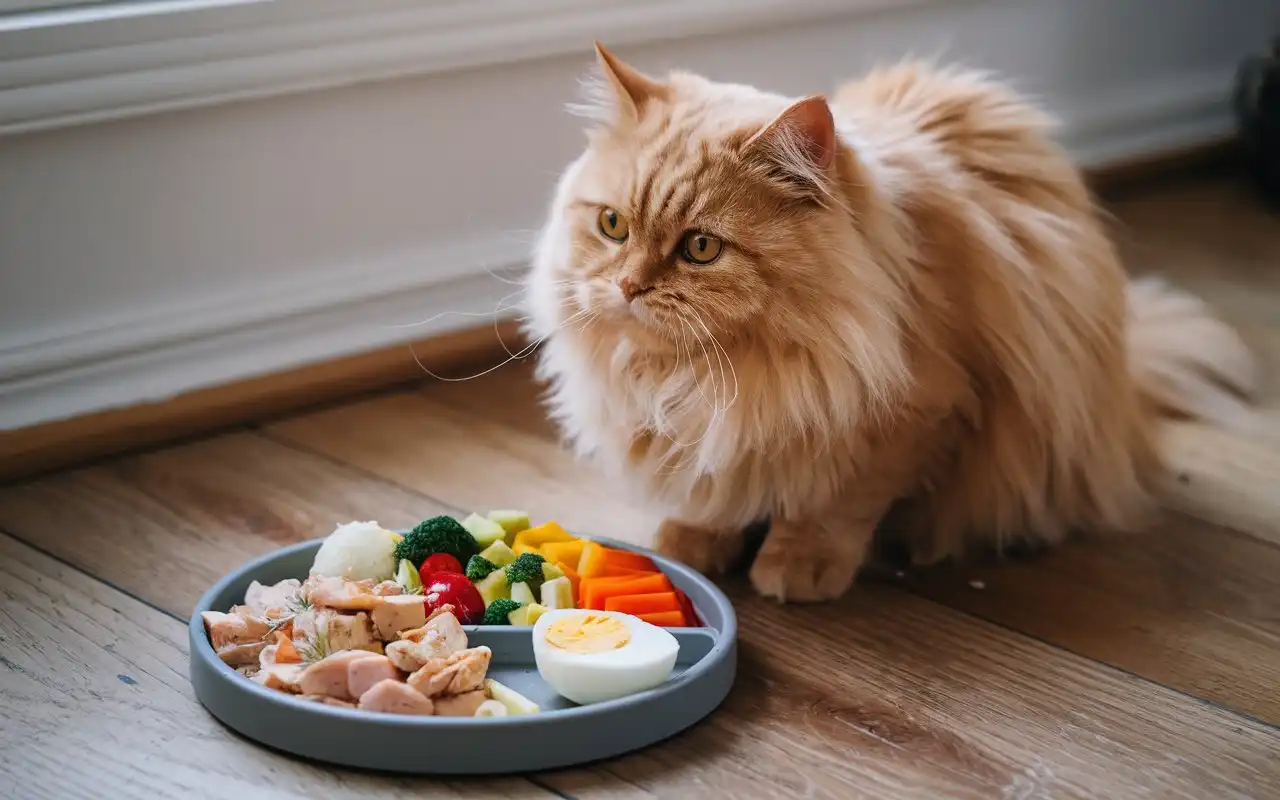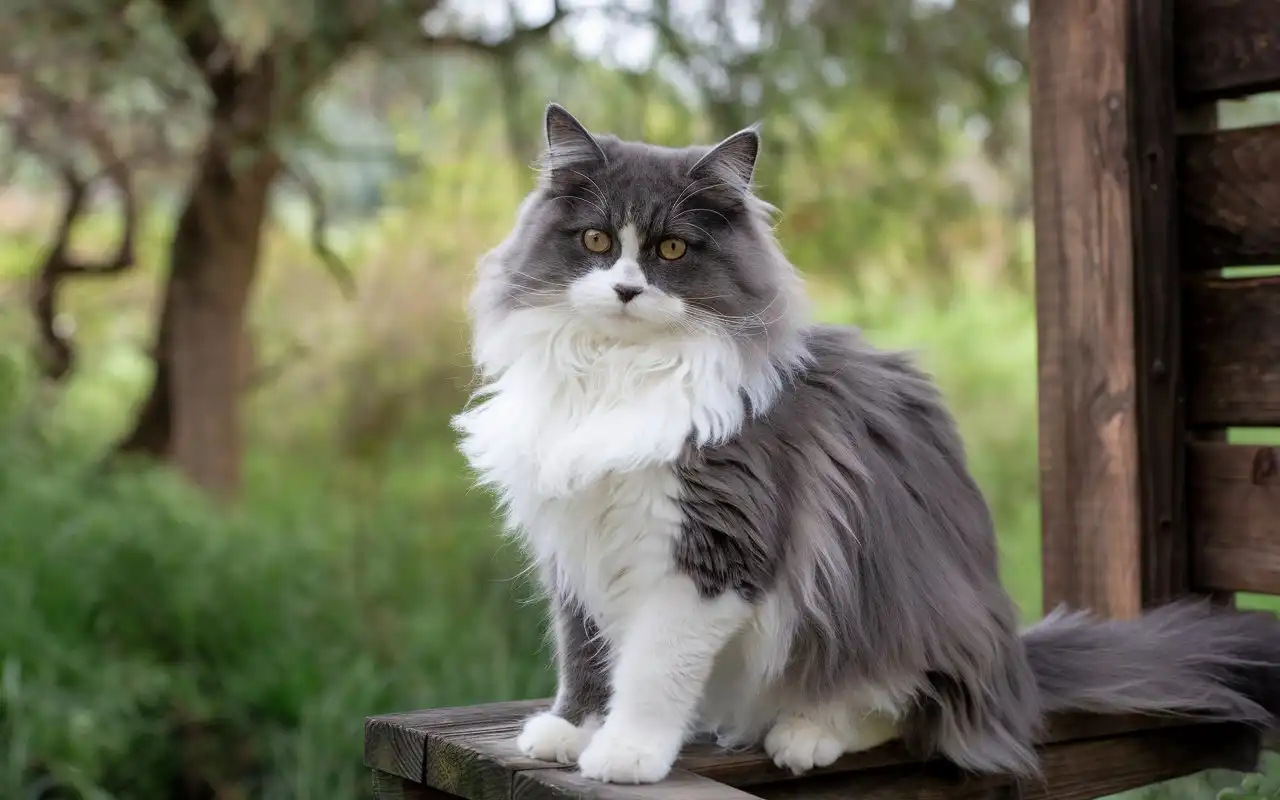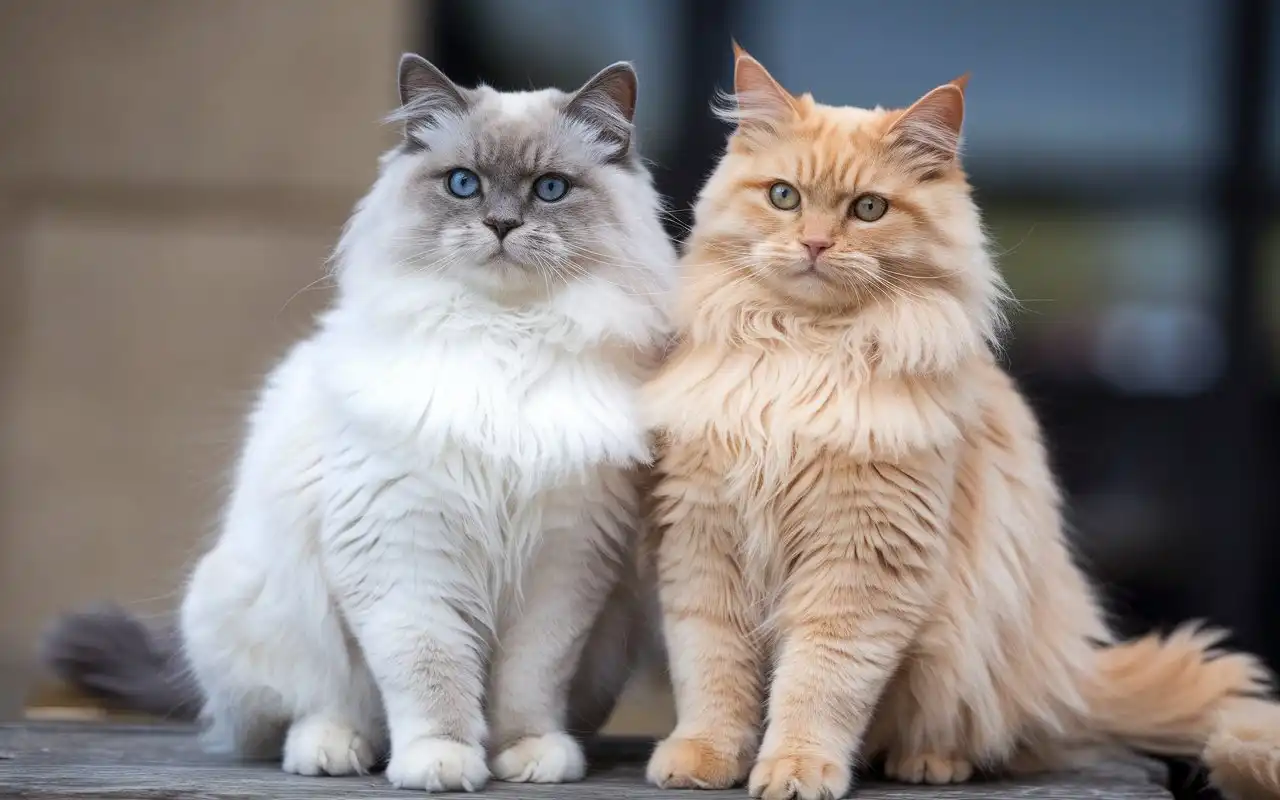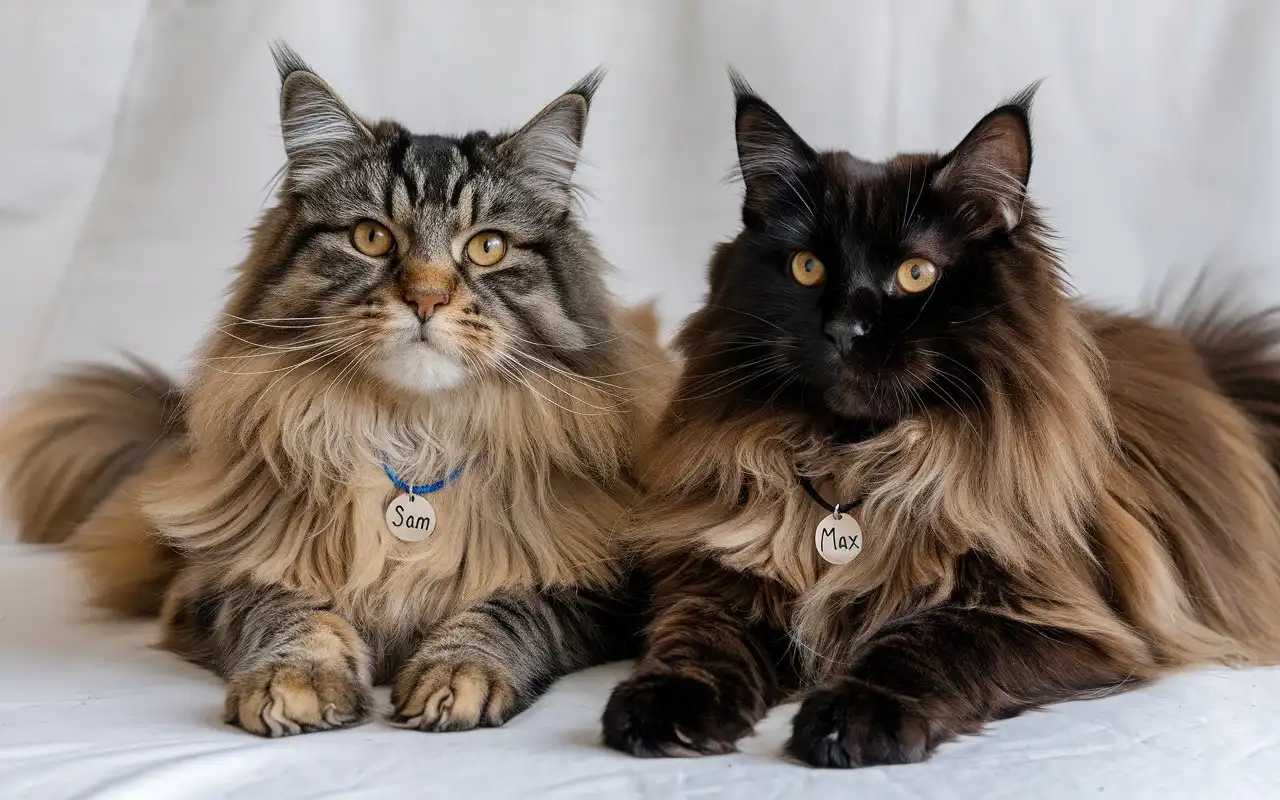Can cats drink milk? This seemingly simple question has puzzled pet owners for decades. While many envision cats eagerly lapping milk from a saucer, the truth reveals a far more complex relationship between felines and milk. Cats have specific dietary needs, and milk often doesn’t fit into the equation. Knowing what’s best for your furry companion starts with dispelling common myths and focusing on their true nutritional requirements. Let’s explore whether milk is a treat or a troublemaker for your feline friend.
Table of Contents
The Origins of the Milk Myth
Why Milk Is Associated with Cats
Can cats drink milk? The connection between cats and milk isn’t as natural as it seems. Historically, cats lived around farms, where they helped control rodent populations. Farmers would reward their feline helpers with milk or cream left over from the milking process. This created the association of milk as a cat’s treat. While this practice made sense in those times, it has since been romanticized and ingrained into popular culture, even though it may not suit modern cats’ dietary needs.
Historical Perspectives on Cats and Milk
Books, movies, and cartoons have perpetuated the image of cats and milk. From famous feline characters drinking milk to children’s stories portraying milk as a delicacy for cats, this narrative has stuck. However, historical practices don’t always align with what’s scientifically beneficial, making it essential to question these long-held beliefs.
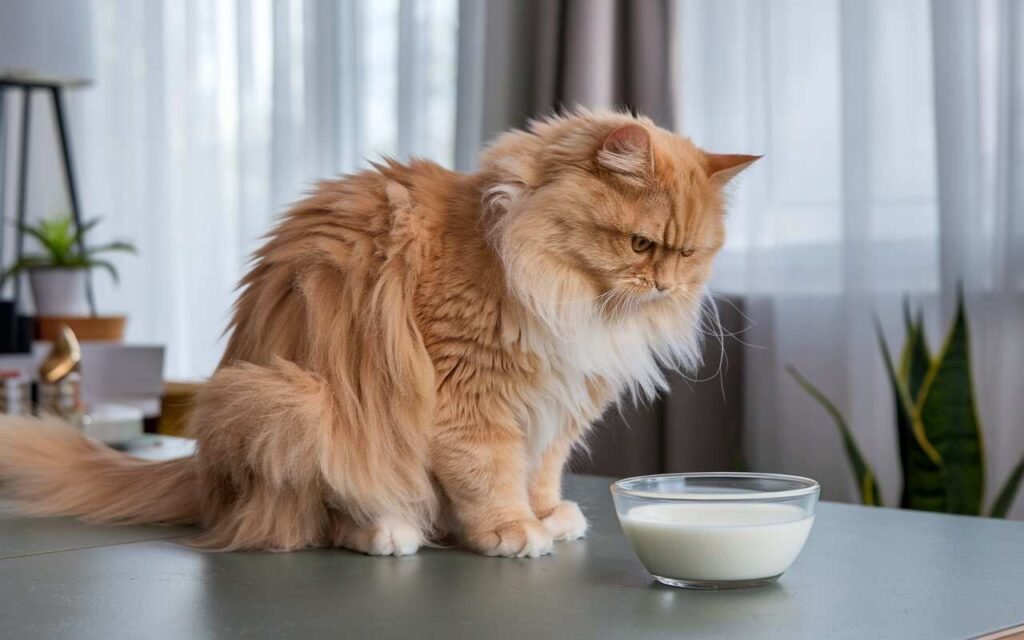
The Truth About Can Cats Drink Milk
Do Cats Naturally Digest Milk?
- Most adult cats lack the enzyme lactase, which is necessary to digest lactose in milk.
- Kittens produce lactase to process their mother’s milk, but this ability decreases as they grow older.
- Adult cats consuming milk may experience digestive discomfort instead of the satisfaction commonly associated with milk consumption.
Lactose Intolerance in Cats
Lactose intolerance is common among felines, much like in humans. When a cat consumes milk and cannot digest lactose, it ferments in the gut, leading to issues such as:
- Bloating
- Gas
- Diarrhea
- Abdominal discomfort
These symptoms can range from mild to severe, depending on the individual cat’s sensitivity.Offering milk to lactose-intolerant cats can cause unnecessary distress and health complications.
Key Takeaway About Can Cats Drink Milk?
- Milk is not an essential or suitable treat for adult cats.
- Ensure your cat’s hydration needs are met with fresh water.
- For treats, choose options specifically designed for feline consumption, and consult your vet for recommendations.
The Nutritional Needs of Cats
Essential Nutrients for Cats
Cats are obligate carnivores, relying on nutrients derived primarily from animal sources. Key nutrients include:
- Proteins: Vital for muscle maintenance and overall health.
- Taurine: An essential amino acid for heart, vision, and reproductive health.
- Omega-3 fatty acids: Support healthy skin, coat, and brain function.
- Vitamins and minerals: Help maintain immune function, bone health, and metabolism.
While milk contains calcium, it lacks the proteins, taurine, and other nutrients necessary for a cat’s well-being.
Comparing Milk to a Cat’s Dietary Requirements
Can cats drink milk? Cats thrive on high-protein, low-carbohydrate diets tailored to their carnivorous nature.Milk, in contrast, contains:
- High fat: Excessive fat consumption can lead to weight gain and health issues.
- Lactose (sugar): Many cats are lactose intolerant, making milk difficult to digest.
Regular milk consumption fails to meet a cat’s dietary needs and may cause digestive problems.
Types of Milk and Their Effects on Cats
Cow’s Milk
- The most commonly associated type of milk with cats.
- Contains high levels of lactose, which adult cats struggle to digest due to a lack of lactase enzyme.
- Can cause digestive upset, including diarrhea, bloating, and gas.
- High fat and sugar content add unnecessary calories, potentially leading to weight gain.
Goat’s Milk
- Often marketed as a healthier alternative to cow’s milk.
- Slightly lower in lactose but still problematic for most adult cats.
- Contains some nutrients but does not meet the dietary requirements of obligate carnivores.
- Should only be given in very small amounts, if at all, and monitored for adverse reactions.
Plant-Based Milk Alternatives
- Popular among humans but unsuitable for cats.
- Lacks the nutrients cats need and may contain harmful additives like artificial sweeteners or preservatives.
- Soy milk, in particular, can disrupt hormone levels in cats due to phytoestrogens.
Lactose-Free Milk for Cats
- Specifically formulated to be easier on cats’ digestive systems.
- While safer than regular milk, it should still be offered sparingly as a treat and not as a dietary staple.
Key Takeaway
Can cats drink milk? Milk, in any form, is not a necessary part of a cat’s diet. Always prioritize water for hydration and consult your veterinarian before introducing any new food or treat.
Health Risks of Milk for Cats
Digestive Issues Caused by Milk
Can cats drink milk? Most cats are lactose intolerant and cannot properly digest the lactose in milk. When consumed, undigested lactose ferments in the intestines, leading to:
- Bloating: A result of gas buildup from fermentation.
- Cramps: Caused by irritation in the digestive tract.
- Diarrhea: Commonly occurs after milk consumption and can lead to dehydration.
Persistent digestive problems can strain your cat’s health, making it essential to address these issues promptly.
Obesity and Other Long-Term Health Concerns
Can cats drink milk? Milk is high in fat, which contributes to excessive calorie intake, especially for indoor cats with lower activity levels.Long-term milk consumption increases the risk of:
- Obesity: Leading to reduced mobility and quality of life.
- Diabetes: Due to weight gain and improper dietary balance.
- Joint Problems: Caused by extra weight putting stress on the joints.
- Heart Issues: Excess fat intake can contribute to cardiovascular problems.
Even small amounts of milk given regularly can contribute to these health concerns over time.
Safer Alternatives to Milk
Water: The Best Choice
- The best and most essential drink for cats.
- Keeps your cat hydrated without the risks associated with milk.
- Ensure the water is clean and replaced daily to encourage drinking.
Specially Formulated Cat Milk
- Designed to be lactose-free and safe for cats.
- A suitable occasional treat but not a dietary necessity.
- Available in most pet stores; always check the ingredient list for additives.
Bone Broth
- A nutrient-rich liquid made by simmering bones (without onions or garlic, which are toxic to cats).
- Provides hydration and essential minerals.
- Should be unsalted and free of harmful seasonings.
Wet Cat Food
- Contains high moisture content, helping keep your cat hydrated.
- Packed with nutrients and better suited to a cat’s dietary needs than milk.
Cat-Appropriate Treats
- Treats designed for cats often come in creamy textures, mimicking milk’s appeal.
- Offer as an occasional indulgence without upsetting their stomach.
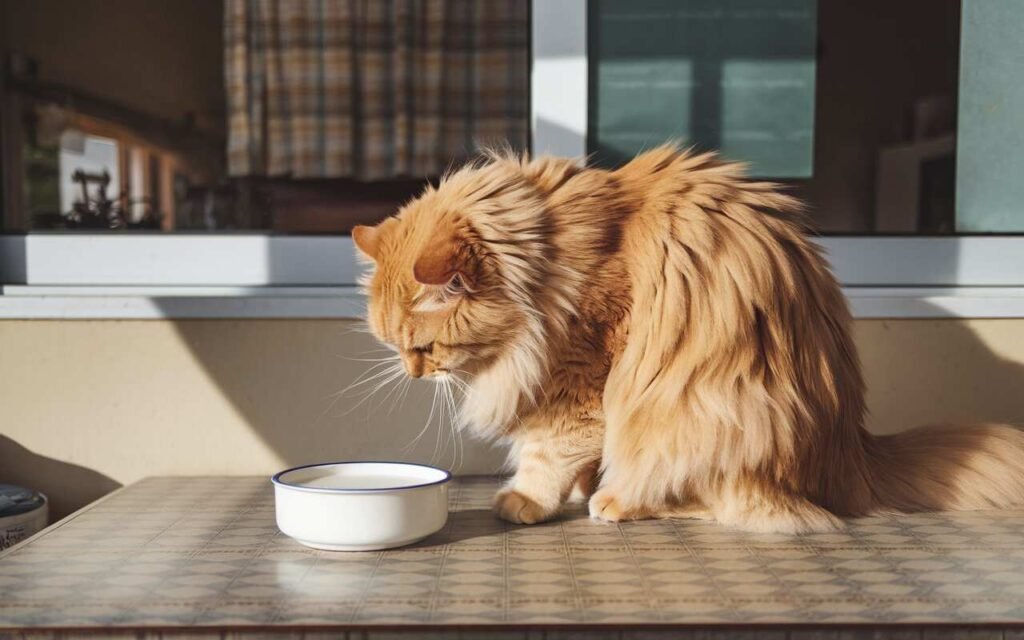
Introducing New Foods to Your Cat’s Diet
How to Safely Test Milk with Cats
- If you want to offer milk, always choose lactose-free milk designed for cats.
- Start by giving a very small amount (a teaspoon or less) to minimize potential adverse effects.
- Observe your cat closely over the next 24 hours for any signs of discomfort or digestive issues.
- Even if your cat tolerates lactose-free milk, it should be offered only as an occasional treat, not a regular dietary item.
Monitoring Your Cat’s Reaction
After introducing milk or any new food, check for signs of intolerance or illness, including:
- Vomiting: A clear sign that the food doesn’t agree with your cat.
- Diarrhea: Indicates difficulty digesting the milk or other new food.
- Lethargy: Could suggest discomfort or a more serious reaction.
If any of these symptoms occur, stop offering the food immediately. In severe cases or if symptoms persist, consult your veterinarian for professional advice and alternative options.
Myths and Facts About Cats and Milk
Milk is a natural treat for cats
- Fact About Cats and Milk: Cats are obligate carnivores and do not require milk in their diet. Most adult cats are lactose intolerant, meaning they cannot properly digest milk and may experience digestive issues like diarrhea and bloating.
All cats love milk
- Fact About Cats and Milk: While some cats might enjoy the taste, it’s not because they need it. Many cats prefer water, and forcing milk on them can lead to health problems, especially if they are lactose intolerant.
Milk is a good source of nutrition for cats
- Fact About Cats and Milk: While milk contains calcium, it lacks the essential proteins, taurine, and other nutrients cats need for a balanced diet. A cat’s diet should primarily consist of high-protein animal-based foods.
Lactose-free milk is completely safe for cats
- Fact About Cats and Milk: While lactose-free milk reduces the risk of digestive upset, it should still be considered an occasional treat. Regular consumption of milk, even lactose-free, is not necessary or beneficial for a cat’s health.
Cats need milk for hydration
- Fact About Cats and Milk: Fresh water is the best source of hydration for cats. Milk should never be a replacement for water in their diet.
Caring for Your Cat’s Diet Beyond Milk
Introducing Variety into Your Cat’s Diet
While water should always be your cat’s primary source of hydration, adding variety to their diet can keep mealtime interesting and nutritionally balanced. Cats benefit from a mix of high-quality dry and wet food. Wet food, in particular, provides additional hydration, which is crucial for cats that don’t drink enough water. Ensuring your cat gets a range of proteins, like chicken, turkey, or fish, supports their muscle health and overall well-being. Additionally, incorporating some healthy snacks, such as freeze-dried meat treats, can satisfy your cat’s urge to indulge without causing harm.
Understanding Treats and Their Role in Your Cat’s Health
Treats should never replace a balanced diet but can be used to reward good behavior or to bond with your cat. It’s important to choose treats that are nutritionally appropriate, free of harmful additives, and offered in moderation. Many commercially available treats contain artificial flavors, sugars, and preservatives that can affect your cat’s digestive system, so always read the labels. Opt for treats designed specifically for cats, as they’re tailored to meet their unique dietary needs.
How to Keep Your Cat Healthy and Happy
Importance of a Balanced Diet
- A well-balanced diet is crucial for maintaining your cat’s health, energy levels, and longevity.
- Ensure your cat’s food is appropriate for their age, weight, and activity level.
- Consult your veterinarian to determine the best food options, including protein content, fat levels, and vitamins that cater to your cat’s specific needs.
- Portion sizes are key; overfeeding or underfeeding can lead to obesity or malnutrition.
Regular Vet Check-Ups
- Routine veterinary visits are essential for early detection of health issues and maintaining overall wellness.
- Regular check-ups allow your vet to monitor your cat’s weight, dental health, and vital signs.
- Vaccinations, parasite control, and blood work can be updated during these visits to ensure your cat is in optimal health.
- Your vet can provide personalized advice on food, exercise, and preventive care tailored to your cat’s lifestyle.
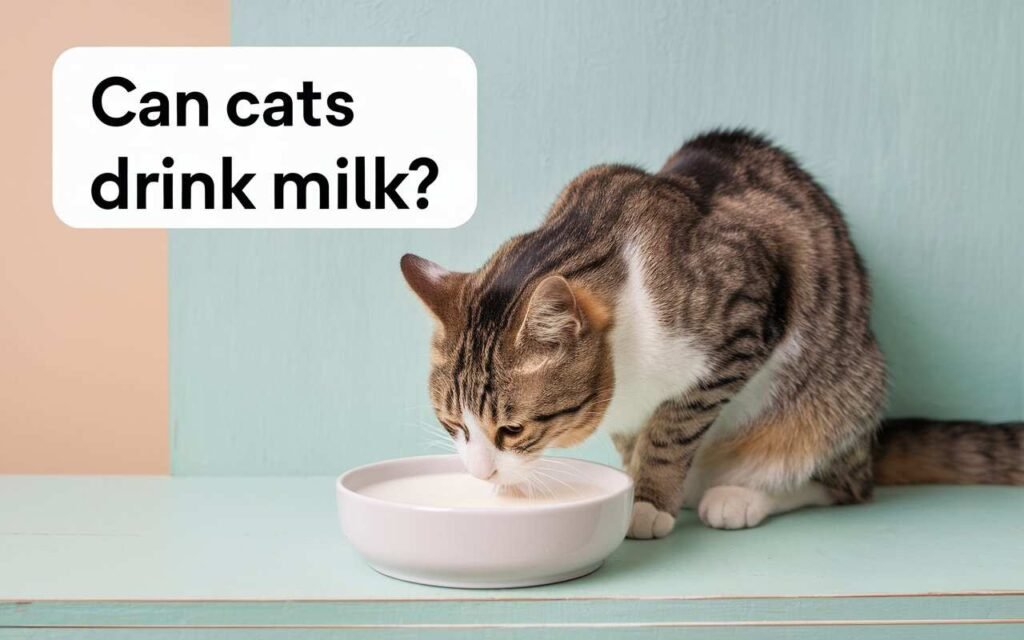
Conclusion
Can cats drink milk? While the image of cats and milk is deeply ingrained in popular culture, it’s important to understand that milk is not a necessary or beneficial part of a cat’s diet. Most cats are lactose intolerant and consuming milk can lead to digestive issues and long-term health concerns such as obesity and diabetes. A balanced, species-appropriate diet rich in proteins, vitamins, and minerals is essential for maintaining your cat’s overall health and well-being.
To keep your cat healthy and happy, focus on providing fresh water, high-quality food suited to their age and activity level, and regular vet check-ups. By understanding your cat’s nutritional needs and offering proper care, you can ensure they lead a long, happy, and healthy life without relying on outdated myths about milk.

